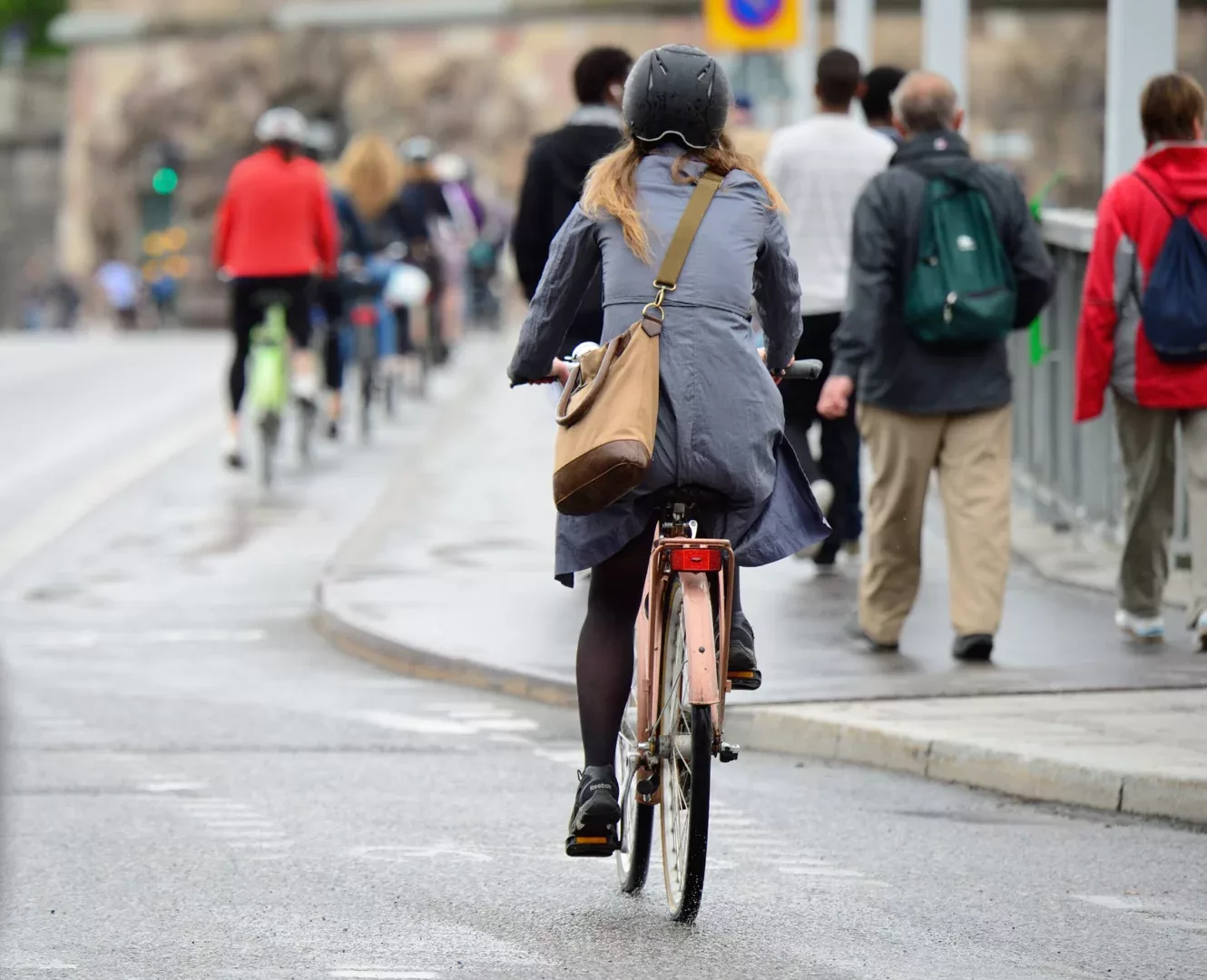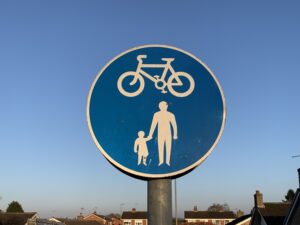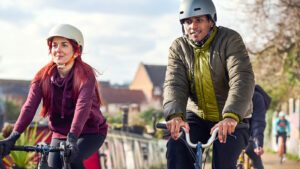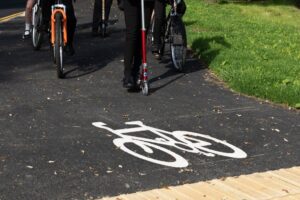A new British Medical Journey report has revealed that tre is an urgent need to improve the nation’s health as it has worsened over the pandemic. There is an abundance of evidence and reports that exercise is a miracle cure that improves physical and mental health and reduces demands on NHS services and the need for social care.
Author Prof Scarlett McNally says that the best forms of exercise are those that fit into everyday life. Active travel is a “best buy” for improving health. Commuting by cycling reduces incidence of, and mortality from, heart disease and cancer by over 30% in a dose dependent manner5 and reduces sick days and depression. People don’t swap from their car to active travel because cars are normalised and our infrastructure is built around them. This means that 71% of women (and 61% of men) say it is too dangerous to cycle on roads.
Where there are segregated safe cycle routes, people use them, as has been demonstrated in Paris. Pavements need to be repaired9 and pedestrian junctions improved for the safety and accessibility of people walking or wheeling, including those with disabilities, children, and older people. Mobility equity won’t be achieved with so little money being spent on active travel.
In the UK, massive central funds are spent on major roads. Conversely, funds for infrastructure to support active travel are stuck in local council budgets, which are facing a £4bn spending gap. In East Sussex, £2m of allocated funds has allegedly been spent on design and consultation, with minimal resulting infrastructure.
























